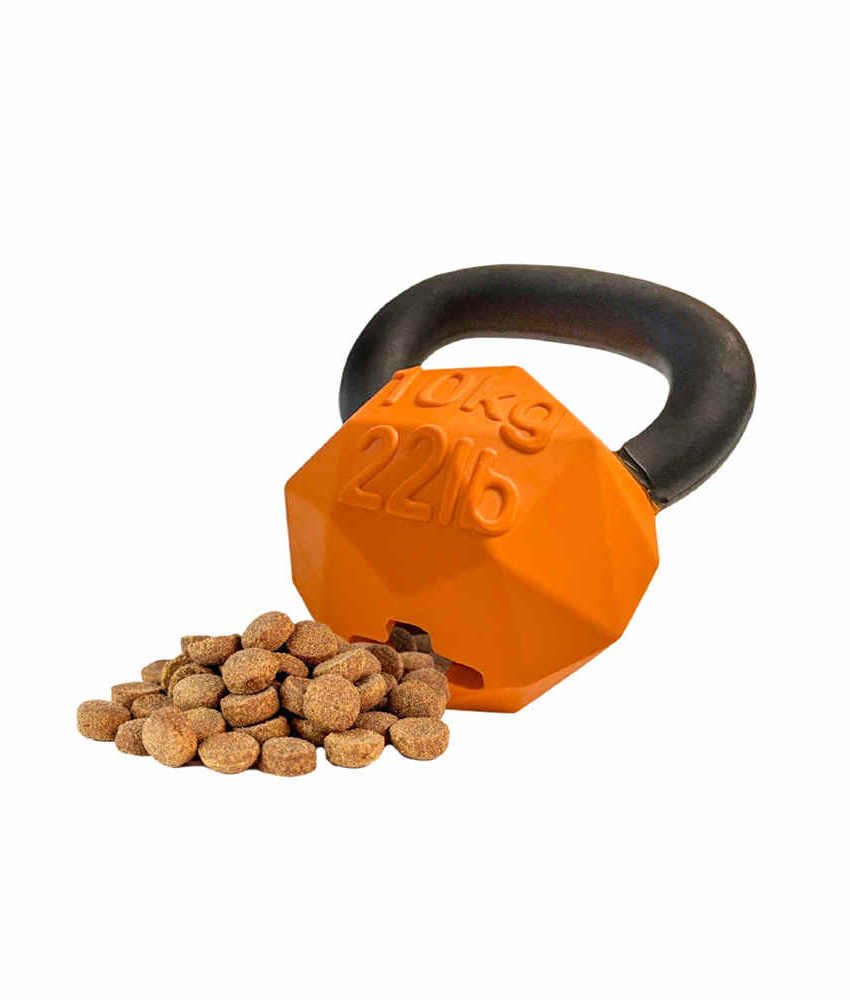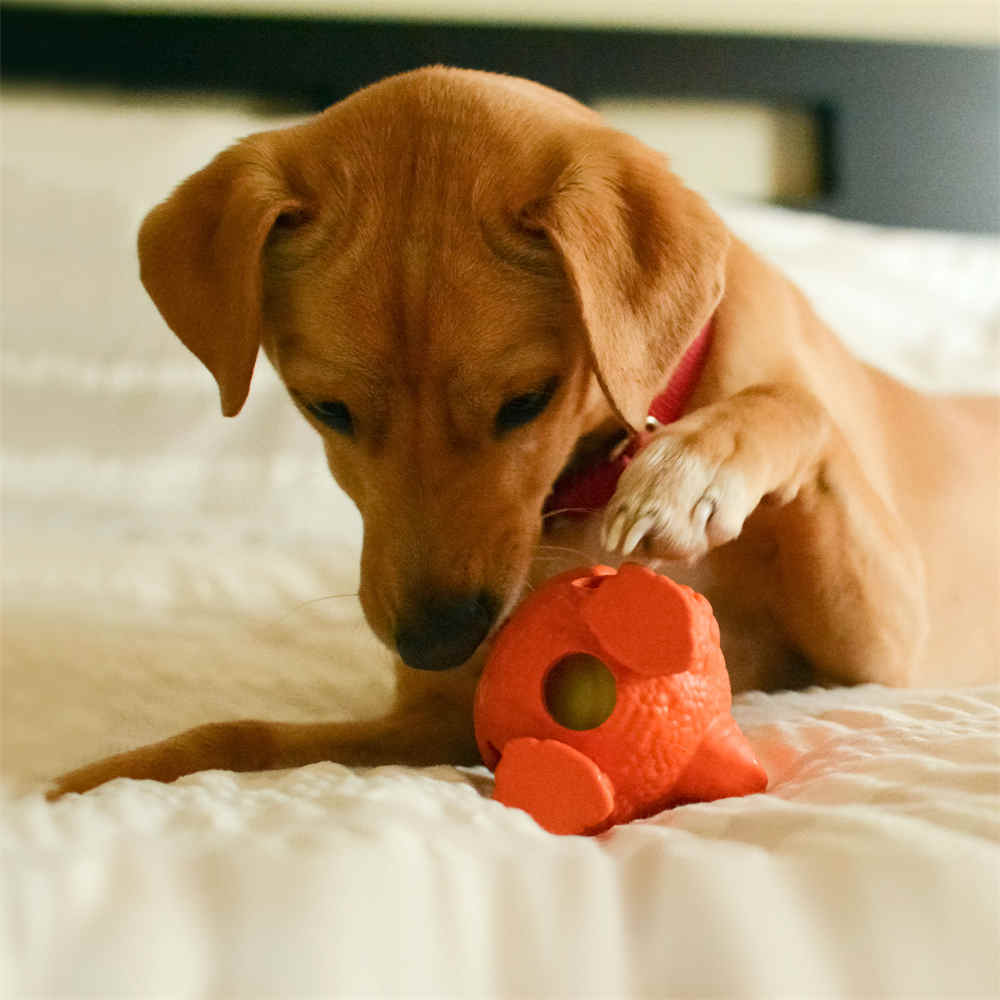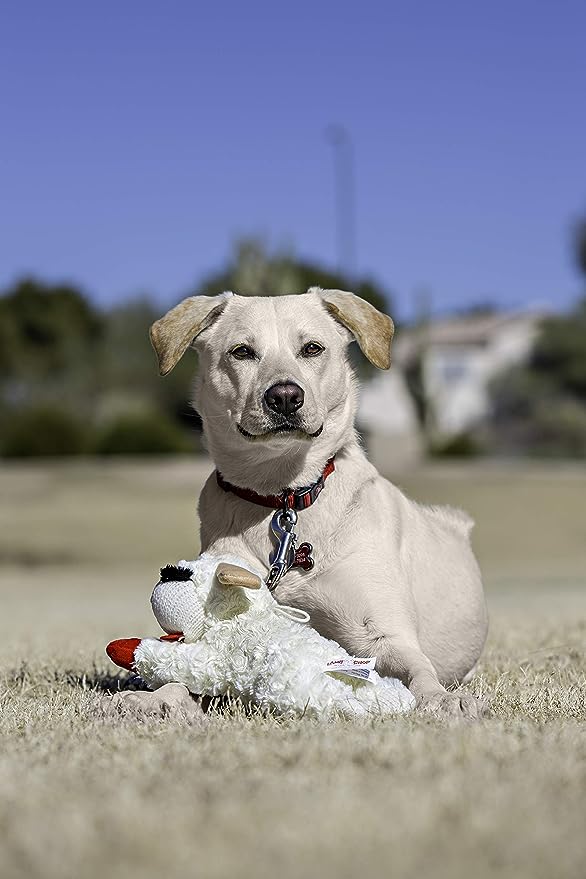Dogs are known for their love of chewing, and while it can be frustrating for pet owners to constantly replace chewed items, chewing is actually an important part of a dog’s physical and mental health. Dog chew toys are a great way to satisfy a dog’s natural chewing instincts while also providing many benefits, especially when it comes to dental health and teething puppies.

1. Dental Health Benefits of Chew Toys
Chewing on the right type of toy can help keep your dog’s teeth healthy in a number of ways:
Reducing plaque and tartar buildup
Providing the best dog toys for your furry friend can help keep their teeth healthy. Chewing on the right type of toy can help remove plaque and tartar from your dog’s teeth, which can lead to gum disease and other oral health problems. Chewing helps scrape away plaque and tartar, which can build up on teeth and lead to bad breath and other dental problems.
Strengthens jaw muscles
Chewing on chew toys is a great way for dogs to strengthen their jaw muscles. When dogs chew, they use their jaw muscles to apply pressure to the toy, which helps increase the strength and endurance of these muscles. Strengthening jaw muscles is important for maintaining dental health, preventing dental problems, and preventing jaw-related injuries. In addition, strong jaw muscles can help dogs eat and chew their food more efficiently, which can improve their overall health. Regularly chewing on the right things toys can help keep your dog’s jaw muscles strong and healthy.
Promotes Healthy Salivation
Chewing on chew toys also promotes healthy saliva production in canines. When dogs chew, their salivary glands are activated and produce saliva. Saliva plays an important role in maintaining good oral health by neutralizing acids in the mouth and washing away food particles and bacteria that can cause dental problems. Chewing on chew toys increases saliva production and helps prevent the development of tooth decay and gum disease, the latter of which can lead to tooth loss and other health problems. Promoting healthy saliva production through regular chewing can also improve your dog’s overall digestive health by helping to break down food in the mouth.
2. Benefits of Chew Toys for Teething Puppies
Puppies go through a teething phase where they chew on anything they can. This is a normal part of their development, but can be frustrating for pet owners. Chew toys can be especially helpful for teething puppies in a number of ways:
Soothing swollen and painful gums
Teething is a natural process for puppies, but it can be uncomfortable and painful for them. Chewing on a chew toy during the teething process can help relieve sore puppy gums. The pressure of chewing on the teeth helps to relieve the discomfort caused by the new teeth breaking through the gums. This helps prevent your puppy from becoming overly irritable or fussy during this time. Providing teething puppies with appropriate chew toys also helps to prevent destructive chewing behavior, as puppies are less likely to chew on furniture or other items if they have toys to chew on.
Preventing Destructive Chewing
Puppies love to chew, and they may be especially prone to destructive chewing behavior during teething. Echter, providing appropriate chew toys can help prevent this behavior. Puppies are less likely to chew furniture, shoes and other items if they have access to toys that allow them to chew. Chew toys provide a safe and appropriate outlet for a puppy’s natural gnawing instincts. It is important to choose chew toys that are durable and appropriate for your puppy’s size and chewing style to ensure they provide a satisfying and safe chewing experience.
Promote Healthy Chewing Habits
Giving your puppy chew toys from a young age will help them develop healthy chewing habits as they get older. It teaches them what’s appropriate to chew and what’s not, which helps prevent destructive chewing behavior in the future.
3. Choosing the right chew toy
Choosing the right chew toy for your dog is important to ensure that they benefit from chewing without any negative effects. Here are some key factors to consider when choosing a chew toy for your furry friend.
Size and strength
Chew toys come in different sizes and strengths, and it’s important to choose a toy that suits your dog’s size and chewing style. Smaller toys may not be suitable for larger dogs, and plush toys may not stand up to the powerful jaws of a tough chewer. Choose chew toys that are durable and sturdy enough to withstand your dog’s gnawing habits.
Materials
Chew toys can be made from a variety of materials, including rubber, nylon and rawhide. It is important to choose a material that is safe for your dog. Avoid toys made of toxic materials or toys that break easily into small pieces that your dog can swallow.
Objectives
Different chew toys serve different purposes. Some are designed to clean your dog’s teeth, while others are meant to be chewed for fun. When choosing a toy for your dog, consider the purpose of the toy. If you are looking for a toy that will help clean your dog’s teeth, choose one with a textured surface that will wipe away plaque and tartar.
Your dog’s preferences
Finally, it’s also important to consider your dog’s preferences when choosing a chew toy. Some dogs may prefer soft and pliable toys, while others may prefer hard and sturdy toys. Observe your dog’s chewing habits to determine which toys they like best.
 drankje
drankje


